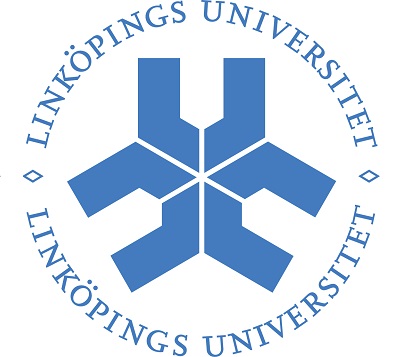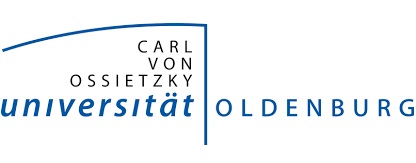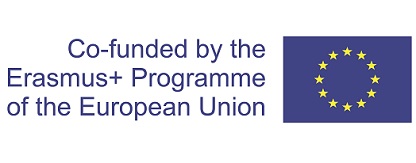ScaleUp4Sustainability
The aim of the ScaleUp4Sustainability (S4S) project was to enable future founders to incorporate sustainability and ecology into their plans from the outset. Led by the University of Oldenburg, the project developed concepts to better integrate the combination of economic and ecological thinking into education.
Anyone who starts a company or launches an innovative product on the market has to take care of all sorts of things: Business plan, financing, market analyses – and much more. Environmental protection is usually not on the list, at least not at the top.
Knowledge alliances between universities and industry
Over a period of three years, the project partners from Germany, Sweden and the Netherlands jointly developed new teaching and learning formats of so-called collaborative green venturing and integrated them into bachelor’s and master’s degree programs at the universities.
The focus was on thinking sustainability and economics together when developing innovative and sustainable products and business models, and on mutual learning between students and companies. Both the companies and the students were actively involved in the development of the teaching and learning programs.
Students develop solutions with companies and start-ups
We have given students the opportunity to work directly with companies and startups to address real business challenges and develop sustainable solutions. Companies, in turn, were able to pick up new ideas and impulses for their sustainable corporate development and innovation processes. In this way, we could provide young people from different disciplines with knowledge and skills in sustainable management during their training. They learned practice-oriented approaches and methods for achieving ecological goals by entrepreneurial means.
Companies strengthen innovative capacity
Companies were supported in their sustainability transformation and were able to strengthen their innovative capacity. Professors and teaching teams were provided with new concepts to better integrate the combination of economic and ecological thinking into university education.
The underlying transnational knowledge exchange and transfer of the project helped to disseminate the developed approaches and tools for teaching and learning sustainable entrepreneurship and collaborative green venturing, thus promoting collaboration between universities and companies in the context of green ventures.
Core results:
- More than 270 students, 51 company employees and 25 professors from Oldenburg, Linköping (Sweden) and Breda, Tilburg and Twente (Netherlands) worked together in the innovative Green Venturing formats.
- Together with the corporate partners, the academic partners developed 16 innovative approaches and tools for collaborative Green Venturing. These enabled the development of a total of 232 sustainable business ideas and models.
- The results of the evaluated modules show that the competencies for sustainable entrepreneurship have significantly increased among the participating students especially in the competency fields of systemic thinking and strategic action. Furthermore, the business ideas and models developed have found their way into the further development and implementation of the sustainability strategies and activities of the participating companies.
- A series of dialog events took place to enable transfer to other universities and companies in Europe. For example, the ScaleUp4Sustainability project was presented in several sessions at the annual conferences of the International Society for Professional Innovation Management (ISPIM).
- The Sustainable Venturing Challenges online platform, whose core offering is a growing database that brings together all challenge matchmakers, alliances and initiatives. This is intended to provide as holistic an overview as possible of the European landscape of student-business challenges in the field of sustainable entrepreneurship, in order to promote collaboration between companies as challenge providers and students as solution providers.
ScaleU4Sustainability
The project ScaleUp4Sustainability was funded by the EU within the ERASMUS-Plus Knowledge Alliances funding line.



